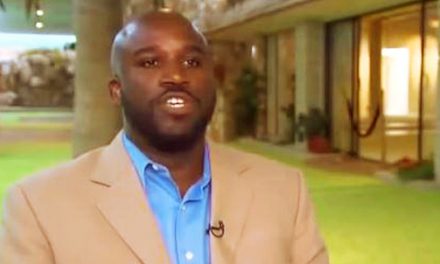Facts: A homeowner obtains a mortgage secured by a trust deed on their home. The trust deed specifies conditions required by the National Housing Act (NHA) that the lender is to fulfill before foreclosing on a homeowner in default, including a meeting with the homeowner to discuss foreclosure alternatives and loan modifications. The homeowner later defaults. The lender fails to meet with the homeowner to satisfy the conditions contained in the trust deed and forecloses, purchasing the property at the trustee’s sale. The homeowner refuses to vacate and the lender files an unlawful detainer (UD) action.
Claim: The homeowner seeks to cancel the trustee’s sale and quiet title to the property, claiming the trustee’s sale is void since the lender failed to satisfy the conditions precedent for foreclosure when it failed to meet with the homeowner to discuss foreclosure alternatives, as provided for in the trust deed.
Counter claim: The lender claims the trustee’s sale is not voidable since the homeowner failed to tender payment for their default and, thus, have no standing to set aside the trustee’s sale.
Holding: A California court of appeals held the homeowner is entitled to cancellation of the trustee’s sale and to quiet title since the lender failed to fulfill the conditions precedent for foreclosure as it did not comply with the NHA requirements set forth in the trust deed to meet with the homeowner to discuss foreclosure alternatives and, thus, improperly foreclosed. [Fonteno v. Wells Fargo Bank (August 18, 2014)_CA4th_]














